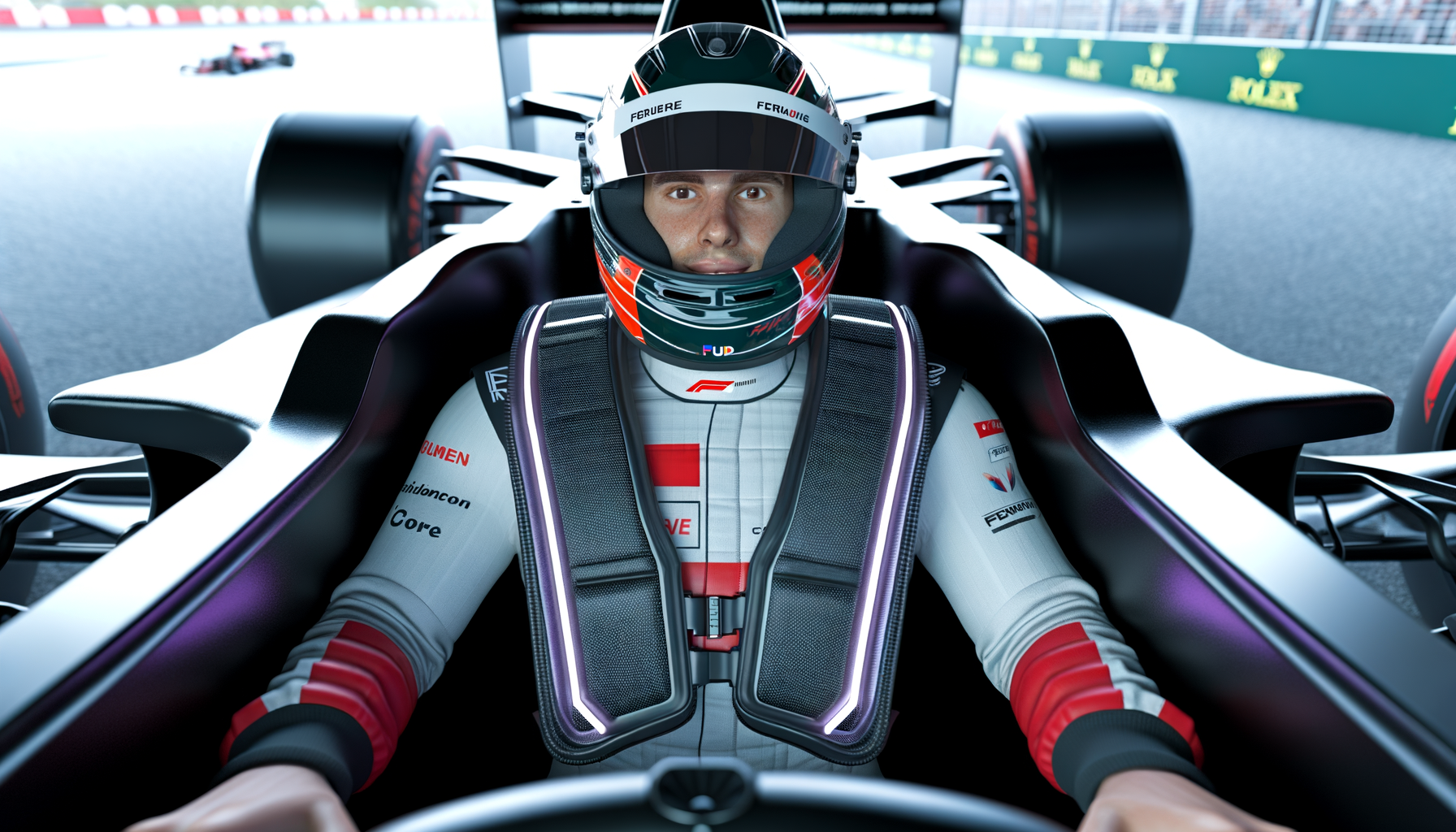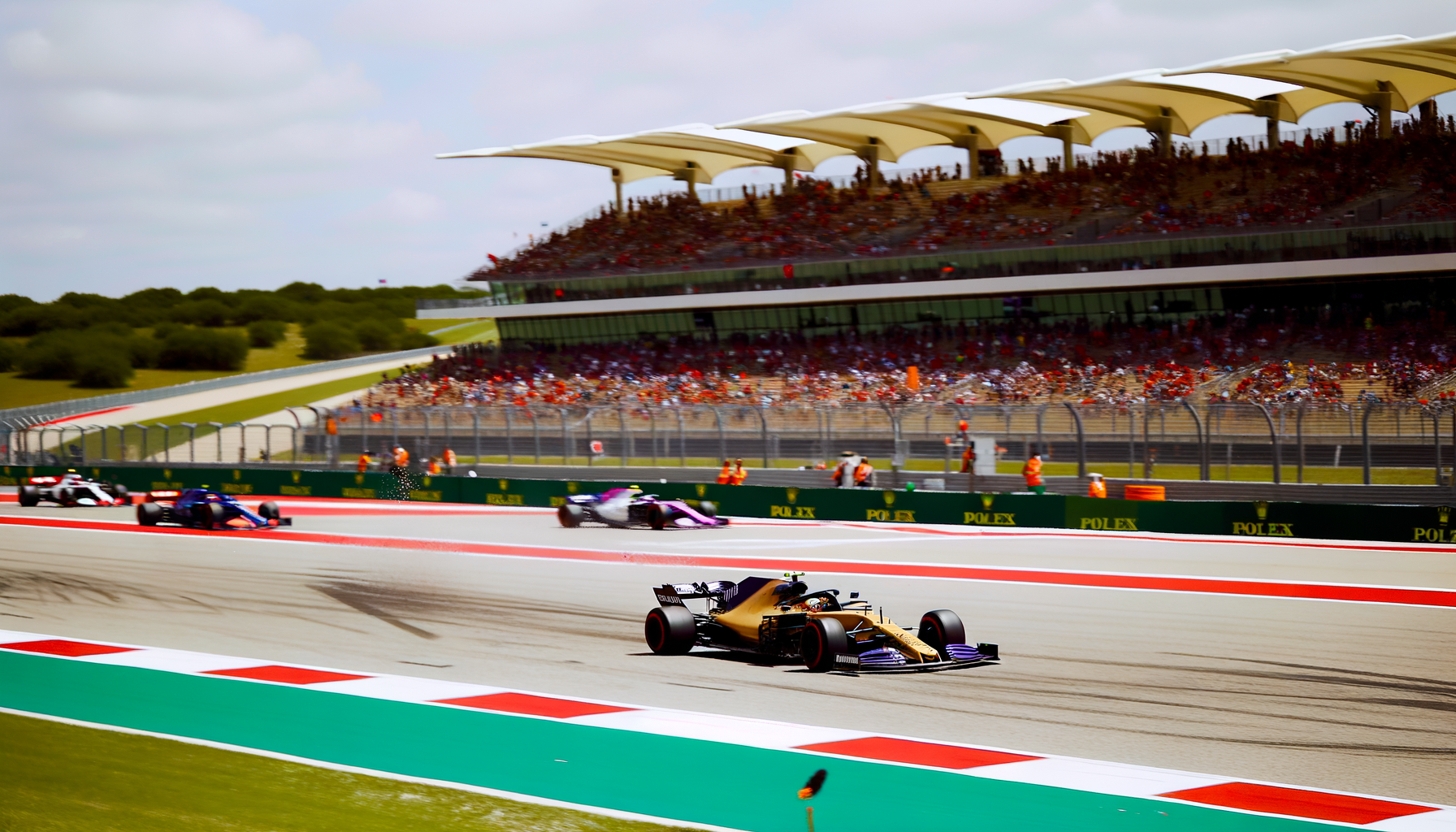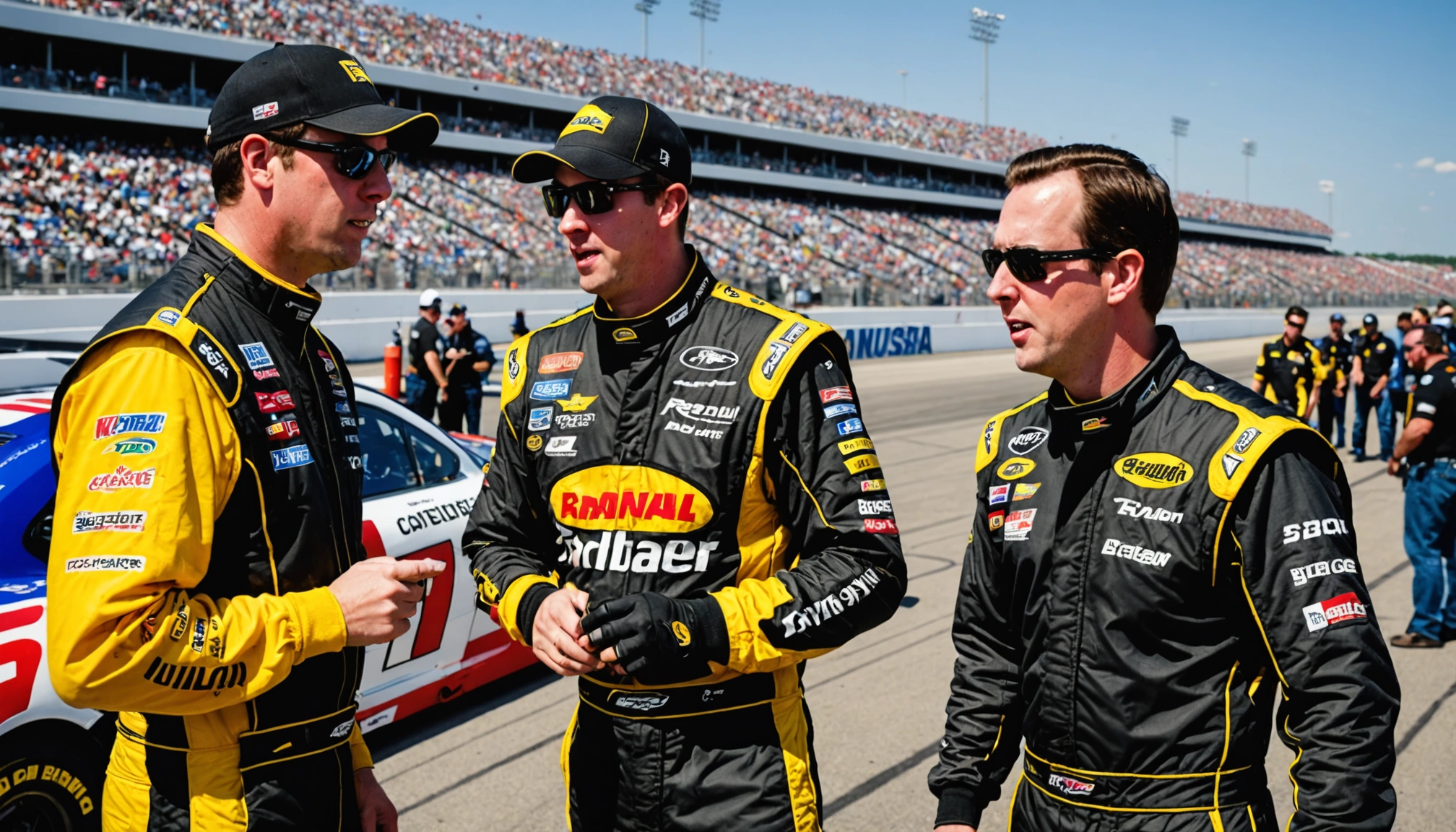Max Verstappen Opposes FIA Cooling Vest Plan For 2026 Season
Max Verstappen criticises the FIA's proposed cooling vest rule for 2026 F1 season, calling it 'ridiculous'. FIA defends its decision amid growing debate.

By Editorial
Introduction To The Cooling Vest Controversy In F1
As Formula 1 teams prepare for the 2026 season, a new regulation proposed by the FIA has sparked controversy. The governing body plans to introduce mandatory cooling vests for drivers to combat rising cockpit temperatures. However, Max Verstappen, the reigning world champion and a leading figure in the sport, has openly criticised the idea, labelling it "ridiculous." This debate highlights the ongoing challenge of balancing driver safety with performance and tradition.
Why The FIA Is Pushing For Cooling Vests
The FIA's push for cooling vests comes amid increasing concerns over driver health and safety. Cockpit temperatures can soar beyond 50°C during races, especially in warmer climates, leading to risks of heat exhaustion and dehydration. The introduction of cooling vests aims to mitigate these dangers by helping drivers maintain optimal body temperature, potentially improving concentration and reducing fatigue.
FIA officials argue that such measures are a natural evolution in the sport's safety protocols. This follows previous advances like improved helmet ventilation and hydration systems. Given the physical demands of modern F1 cars, the governing body believes the cooling vest is a necessary innovation.
Max Verstappen's Opposition To The Cooling Vest Plan
Despite the FIA's rationale, Max Verstappen has been vocal in his opposition. He described the cooling vest proposal as "ridiculous," suggesting it might interfere with driver comfort and performance. Verstappen emphasised that drivers already endure extreme conditions and adapt through training and experience.
He also expressed concerns about the potential impact on car ergonomics and safety. The vest could add bulk or restrict movement within the tight confines of the cockpit, possibly affecting reaction times. Verstappen's stance reflects a wider sentiment among some drivers who prefer traditional methods of coping with heat.
Verstappen's Track Record On Safety Innovations
It's worth noting Verstappen's history of supporting safety when it clearly benefits drivers, such as his advocacy for improved crash structures and helmet standards. His opposition here stems more from practicality rather than resistance to all change.
FIA's Response To Verstappen And The Wider Debate
The FIA has responded by reaffirming the importance of the cooling vest for driver welfare. Spokespersons highlighted extensive testing that demonstrated the vest's effectiveness in reducing core body temperature without compromising mobility.
They also stressed that driver feedback, including from Verstappen, would be taken into account to refine the design before final implementation. The FIA insists that safety innovations must evolve alongside the sport's technical demands.
How This Debate Fits Into The Broader Evolution Of F1
This controversy is part of a long history of balancing technological progress with driver input. For example, recent changes like the halo cockpit protection device faced initial resistance but are now universally accepted and credited with saving lives.
Similarly, innovations such as hybrid power units and aerodynamic regulations have transformed racing while requiring adaptation. The cooling vest proposal could follow a similar path if it proves beneficial in real-world conditions.
Examples From Other Sports On Managing Heat Stress
Heat management is a challenge across many sports. In cricket, players often use cooling vests during breaks on hot days, which has been credited with maintaining performance levels. For instance, Rory McIlroy's triumph at the 2025 Irish Open was partly attributed to effective heat management strategies during the tournament.
Formula 1 could learn from these practices, ensuring any new equipment integrates seamlessly with existing safety and performance standards. Learning from sports like cricket and football, where players already use cooling technology, may provide valuable insights.
What This Means For Fans And The Upcoming F1 Season
For fans following the 2026 season, the cooling vest debate adds an intriguing subplot to the championship narrative. With drivers like Verstappen openly challenging FIA proposals, the sport’s development remains dynamic and closely watched.
Supporters can stay updated on these developments through platforms like Sky Sports coverage of EFL fixtures and other sports news. Understanding the technical and regulatory changes enriches the viewing experience.
Conclusion: Balancing Safety, Performance, And Tradition In F1
The clash between Max Verstappen and the FIA over cooling vests exemplifies the ongoing negotiations between driver preferences and regulatory safety measures. While the intent behind the vest is clear—protecting drivers from extreme heat—the practical implications remain under scrutiny.
As the 2026 season approaches, further testing and dialogue will shape the final decision. Whether cooling vests become a standard part of F1 kits or are shelved, this debate underscores the sport's commitment to innovation balanced with respect for its athletes.
For those interested in more sporting insights, articles like Max Verstappen's 2025 season victories provide deeper context on his racing style and career progression.
Related topics
Editorial
Sports expert at SportsScoop
Specialist in sports analysis and journalism
Related articles
Want to read more?
Explore our comprehensive collection of sports articles and analysis, or contact us for more information.



